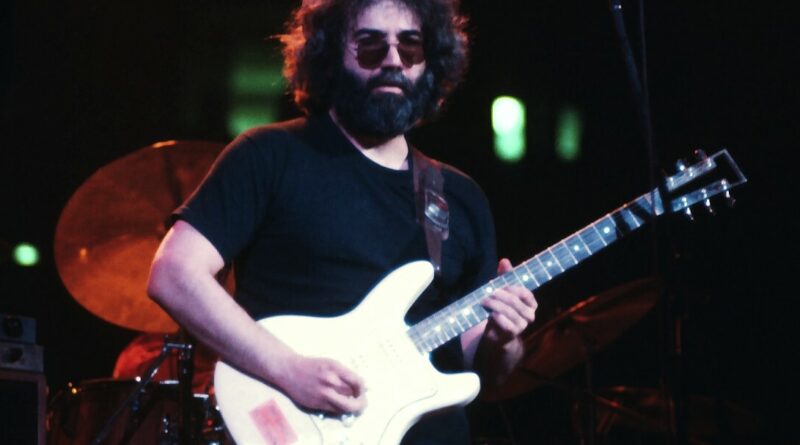In a newly published interview for The Washington Post, Grateful Dead guitarist, vocalist, and co-founding member Bob Weir looked back on the band’s career, including the legendary creative force Jerry Garcia. Being a lead guitar player and primary songwriter, Garcia was particularly popular among the Dead fans. And it was far from uncommon to have fans idolizing him. During the interview, Weir looked back on that by offering:
“I won’t have it. The deification that those folks made of Jerry is basically what killed him. It disgusted him, and rightly so. I’ve seen where that goes. That’s a lesson I learned the hard way, from losing a friend.“
Jerry Garcia passed away in August 1995 from a heart attack. Aged 53, Garcia was in a rehabilitation clinic at the time of his passing. The musician struggled with substance abuse, as well as other health issues. Garcia’s death automatically ended the Grateful Dead.
In more recent years, Weir and other former Grateful Dead members formed the band Dead & Company. The lineup also includes John Mayer and the group has touring plans well into 2023.
Elsewhere in the interview, Bob Weir also discussed forming Wolf Bros and doing orchestral live arrangements, comparing it to Béla Bartók’s works. He offered:
“It really completes the picture. You can listen to a song from its jug band roots and then take that all the way out to a full orchestra. You can’t get it all at once, but if you know the music, and a lot of our fans know the music, people respond.”
Check out these other articles:
- Our guide to reading guitar tab
- Full guides to music theory, guitar pedals and guitar amps
- The best clean amps, cheap amps, or amps for metal
Another thing that Weir discussed is the longevity of Grateful Dead’s music, something he believes will outlive him. In fact, he sees the music being discussed even centuries from now. As he explained:
“With the Grateful Dead, if it’s done right, there’s a chance they may be a part of the conversation in two to three hundred years. So that’s my consideration when I have to make decisions — what to do with a melody or a rhythm, or what to do on the business side. What’s this going to look like then?”
Photo: Carl Lender (Jerry-Garcia-01)


